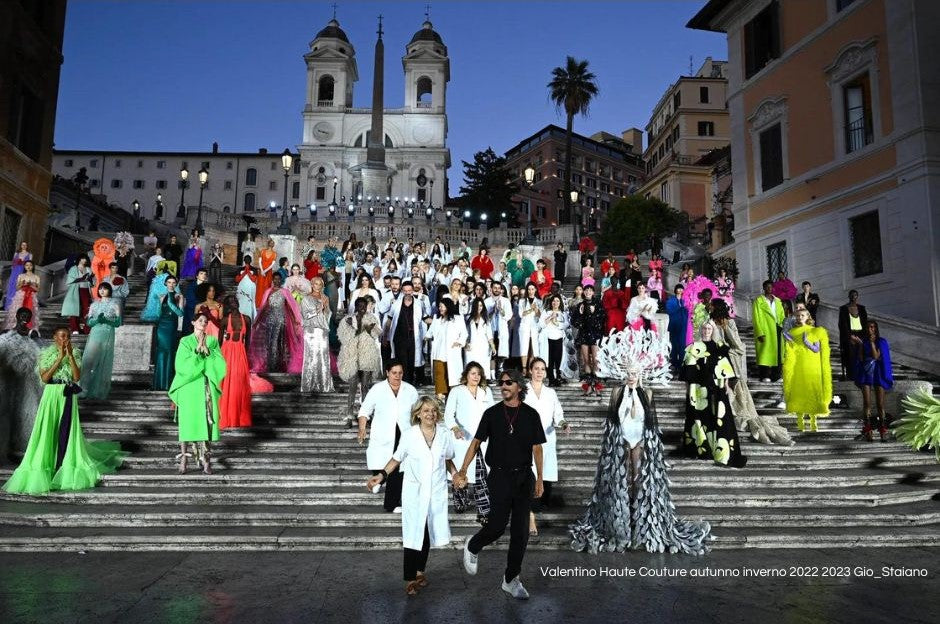
The Origin of Valentine's Day
To some, Valentine's Day is the day when people give chocolates and other romantic gifts to someone they love. Couples may exchange cards, gifts, and chocolates to confirm each other's love. In East Asia, the culture of Valentine's Day is centered around the woman giving chocolate to the men they love in their life, including friends and romantic partners. This gift of chocolate is considered a social obligation that originated in Japan. However, learning the story St. Valentine will change the way you view this day.
Valentine's Day began in the third century during the Roman period. Back then, Emperor Claudius II banned conscripted soldiers from marriage and preferred to enlist unmarried men due to the fear that marrying just before they were dispatched would reduce morale. However, there was a man and a woman who desperately wanted to get married, and St. Valentine secretly allowed them to marry. Eventually, this was discovered by Emperor Claudiuws II and St. Valentine was executed. Since then, Valentine's Day has been recognized as "a day to confess love at the risk of death."
In fact, this story is a folktale, and there is no physical record of it that was found. However, we can assume that this transformed the holiday into a tradition of giving chocolate as a gift. Here, the practice of sending chocolate on Valentine's Day began in England in the 19th century. Originally, exchanging cards for Valentine's Day was a huge trend in England. But after that, Richard Cadbury, a British chocolatier, started to sell wrapped chocolate in a heart-shaped box and its popularity skyrocketed. Now we see chocolate in heart-shaped boxes everywhere on Valentine's Day.
Later, a new culture was created in Japan in the 20th century. Morinaga, a Japanese confectionery company, started a campaign called "Confession of Love through Chocolate" for women. This has led to a tradition that spans across all of East Asia where women confess their love by giving chocolate to their favorite men on Valentine's Day. Now, all genders participate in the tradition of giving chocolate to their loved ones on this special day.
In addition, the National Candy and Snack Industry Cooperative in Japan created the “White Day”. White Day is March 14, just one month after Valentine's Day, when a person who receives chocolate on Valentine's Day returns the favor by giving presents, such as candy, in return. In Japan and other East Asian countries, the culture of White Day exists, and it is not as widely known as Valentine's Day, but it is nonetheless another related tradition.



